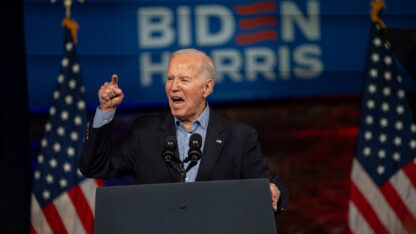Bars Fight Atlanta Liquor License Rate Hike Proposal

Atlanta business owners who serve alcohol filed into City Hall on Tuesday to voice their frustration with the proposed ordinance.
Pixabay Images
Updated at 7:40 a.m. Wednesday
A proposal before the City Council to raise liquor license fees in the city of Atlanta is getting pushback from bar and restaurant owners.
Grant Henry, owner of Church, a bar on Edgewood Avenue, said the move would push small establishments out of the city.
In a Facebook post, Henry said, if passed, his liquor license fees would triple to $15,000.
“Many small businesses will shut down. Huge box stores will take over. I refuse for Church to be replaced with a Hooters,” he wrote in a post urging people to contact City Hall.
Atlanta business owners who serve alcohol filed into City Hall on Tuesday to voice their frustration with the proposed ordinance.
Business owners in the city currently pay a one-time $5,000 fee to serve different types of alcohol.
The ordinance would require them to pay a $5,000 fee for each type of alcohol they serve, like wine, spirits and malt beverages.
Johnny Martinez, a co-owner of Joystick Gamebar near downtown, says the increased cost for a liquor license drives away smaller businesses.
“You end up with a generic sort of mess you see out in the suburbs, but in the city you have character, right?” he said. “You have diversity, and this is the sort of thing that would kill it.”
City Council members say they had no intention of voting on the measure at Tuesday’s meeting. The ordinance cannot move forward without financial justification, which they don’t have yet, but they said they will by Monday.
Paul Calvert, co-owner of Ticonderoga Club near Inman Park, asked for a wide-ranging review.
“As you reconsider this, I hope that you will actually take a global picture and reconsider the entire structure and the ways in which restaurants are charged to operate in the city of Atlanta,” he said.
Committee members said they will hold another public meeting after they see the financial backing for the proposed ordinance before sending it to the full council.








